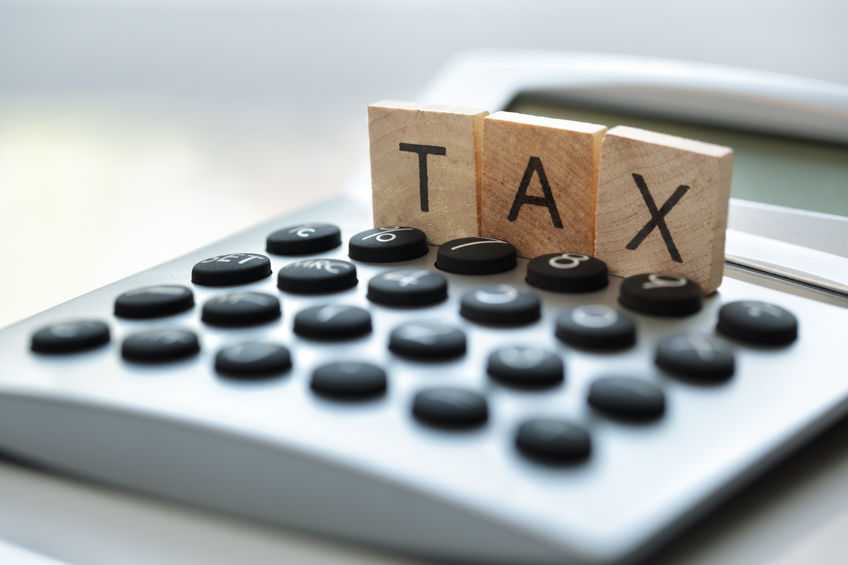
Farmers and rural businesses have been urged not to ignore deadlines for tax returns or overdue payments as the penalties for missing due dates for these are "increasingly severe".
Chartered accountants Saffery Champness said the rural sector is under pressure - working to deadlines, dealing with uncertainty, unexpected challenges and continual change.
But it says that as the start of a new tax year looms, those who have any outstanding 2016/17 tax will have already incurred an automatic 5% late payment penalty as of 5 March.
Paper returns for 2016/17 not received by 30 April will now be six months late and a further penalty may be charged at 5% of any tax due, or £300 if greater.
Electronic returns for 2016/17 not filed by this date will be three months late and exposed to daily penalties of £10/day for up to 90 days.
31 July is the date for second payment on account for 2017/18. The first payment was due on 31 January.
On the 1 August, a second 5% late payment penalty will be imposed for any outstanding 2016/17 tax.
And the 31 October is the deadline for submitting 2017/18 paper returns unless there is no facility available from HMRC for an electronic return to be filed, in which case the deadline is 31 January 2019.
'Significant penalties'
Alison Robinson, Partner at Saffery Champness and a member of the firm’s Landed Estates and Rural Business Group, said rural businesses must "act quickly" or face "significant penalties".
"If your return for 2016/17 is not yet in then you must act quickly or you will be racking up significant penalties. Likewise, if your payments on account are being missed then make this a priority to rectify at the earliest opportunity," Ms Robinson explained.
"Also, if you discover yourself that you have made a mistake in your last return you have a year from the filing deadline to make the necessary amendment, ie by 31 January 2019 for returns with an original deadline of 31 January 2018.
"Where you have made a return using provisional figures because final numbers were not available ahead of the deadline, then an amended return should be submitted as soon as those final figures become available.
Ms Robinson added: "Penalties are something that every tax payer should strive to avoid. Moreover, they indicate that the tax affairs of an individual or business may be in disarray and this can lead to further time-consuming enquiries from HMRC and possibly investigation."
